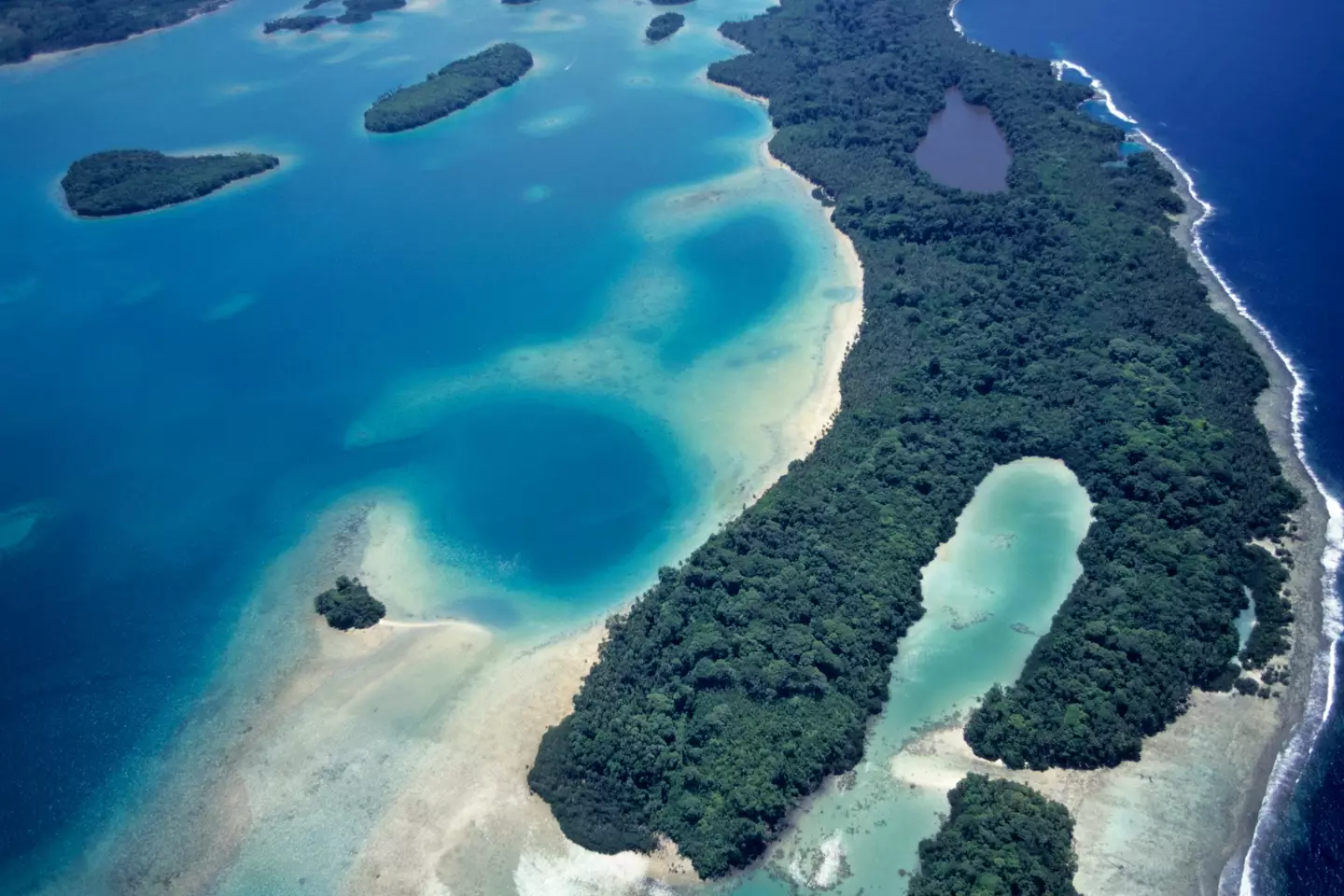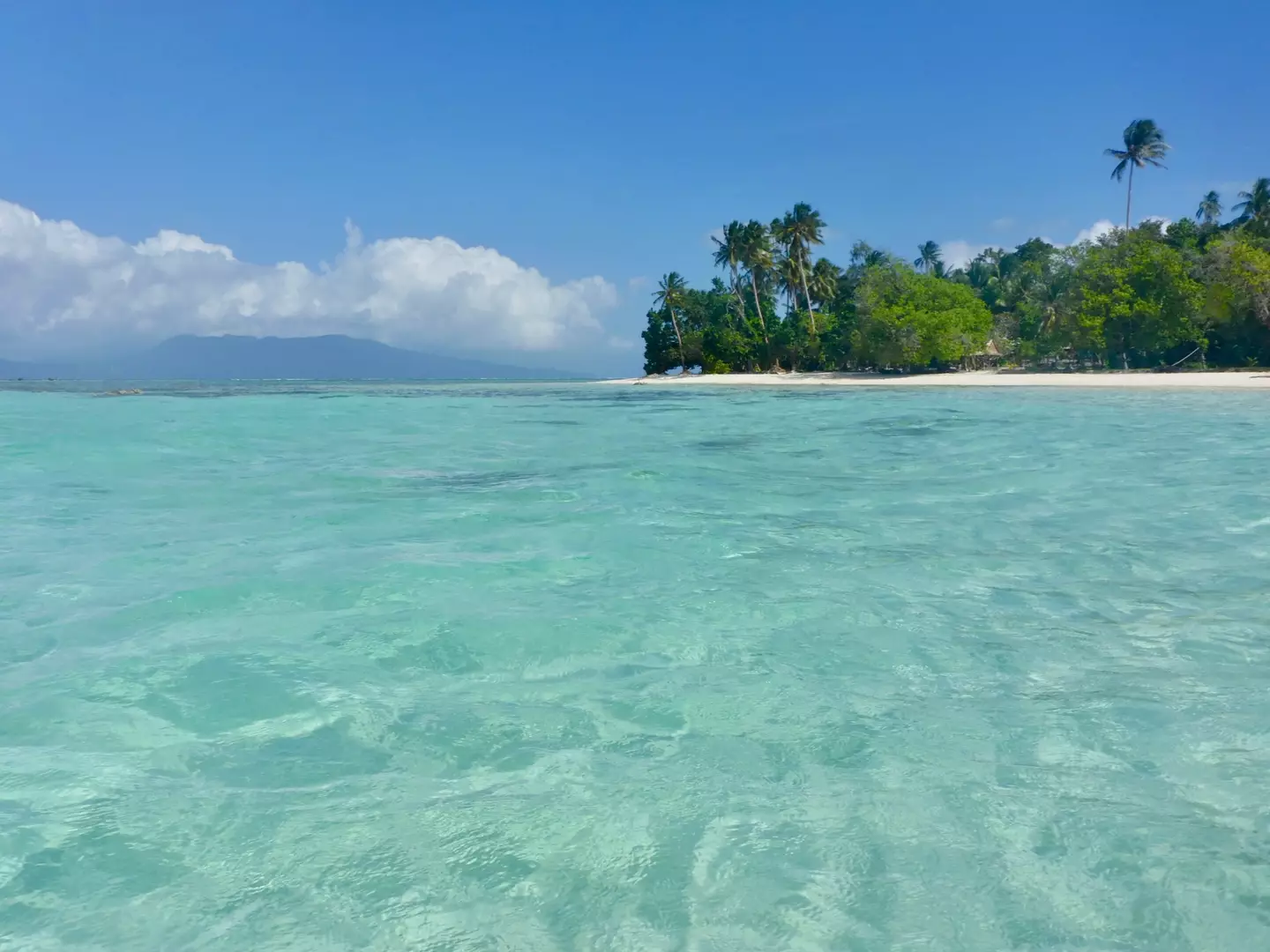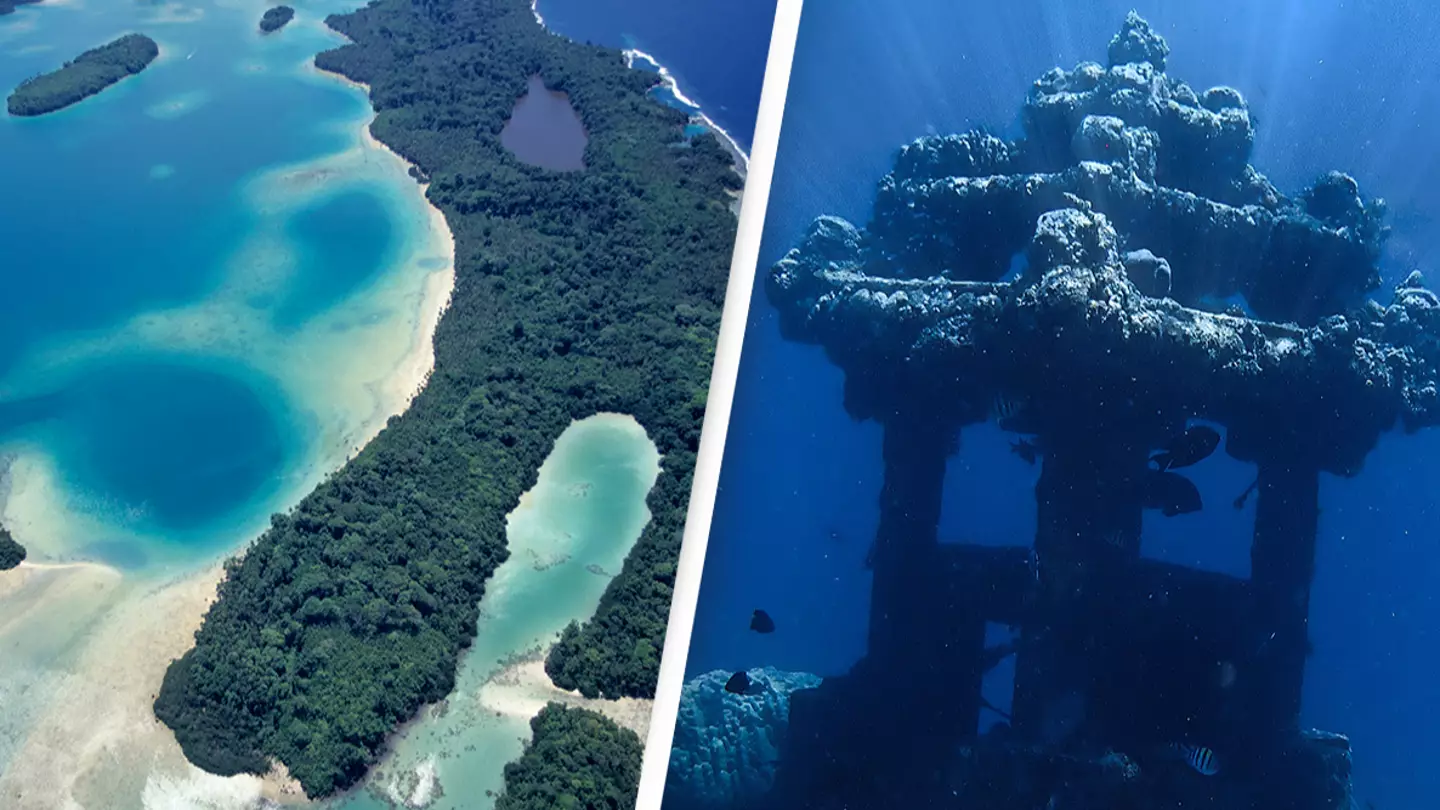Researchers have uncovered evidence of a lost island, which is being referred to as ‘the real-life Atlantis’.
The relentless efforts of scientists continue to amaze us, enabling us to learn a great deal about our planet and beyond.
Lost islands have always piqued curiosity, with the one termed the ‘real-life Atlantis’ being particularly fascinating.
The island, known as Teonimanu, would have been forgotten if not for the local legends that preserved its story.
Teonimanu was once part of the Solomon Islands in the Pacific Ocean and was inhabited by hundreds of people over 300 years ago.
However, the island ultimately vanished beneath the sea.

Patrick Nunn, a scientist, author, and professor at the University of the Sunshine Coast in Australia, remarked: “It’s the place where perhaps two or three islands disappeared very rapidly, several hundred years ago.”
According to Nunn, Teonimanu likely vanished between the late 16th century and the late 18th century.
This timeframe coincides with the era of Spanish explorer Álvaro de Mendaña and English explorer James Cook’s presence in the area, as per the oral traditions of central Solomon Islands’ residents.
In his 2009 book, ‘Vanished Islands and Hidden Continents of the Pacific,’ Nunn stated: “Their stories might easily be mistaken for legends, for fictions, but like many such ancient stories, there remain cores of truth – genuine observations – that over time have become encased in layers of narrative embellishment.”
While the island’s fate was sealed long ago, the legend of Teonimenu endures.
Tony Heorake, director of the Solomon Islands National Museum, shared that the incredible tale has been transmitted through his lineage.

According to ABC, he mentioned: “I am one of the direct descendants of Teonimenu on my mother’s side.”
“After the island sank, some of my ancestors survived and they floated on banana tree trunks and other debris.”
Heorake informed ABC that his ancestors established themselves in the southern part of Ulawa, where their descendants still live today.
Located just north of where Teonimenu was, the island frequently becomes a topic of conversation at home.
“Every evening after dinner, we normally hear the elders in the family talking about those stories,” Heorake told ABC.
“Not only about Teonimenu but about different animals, different plants, different ways of fishing, hunting [on the island].”

